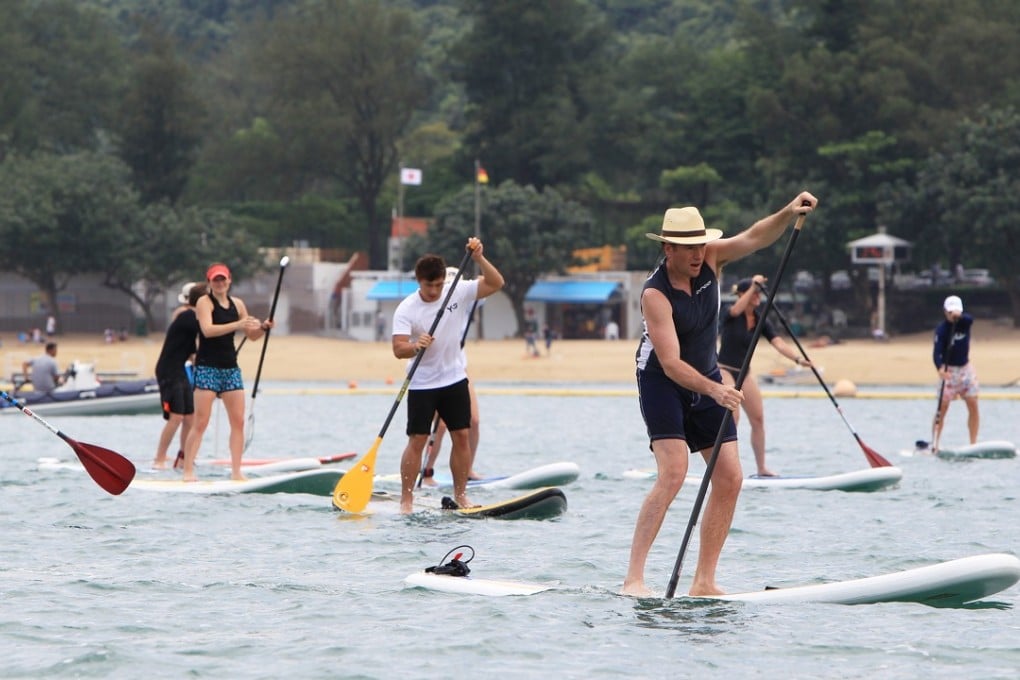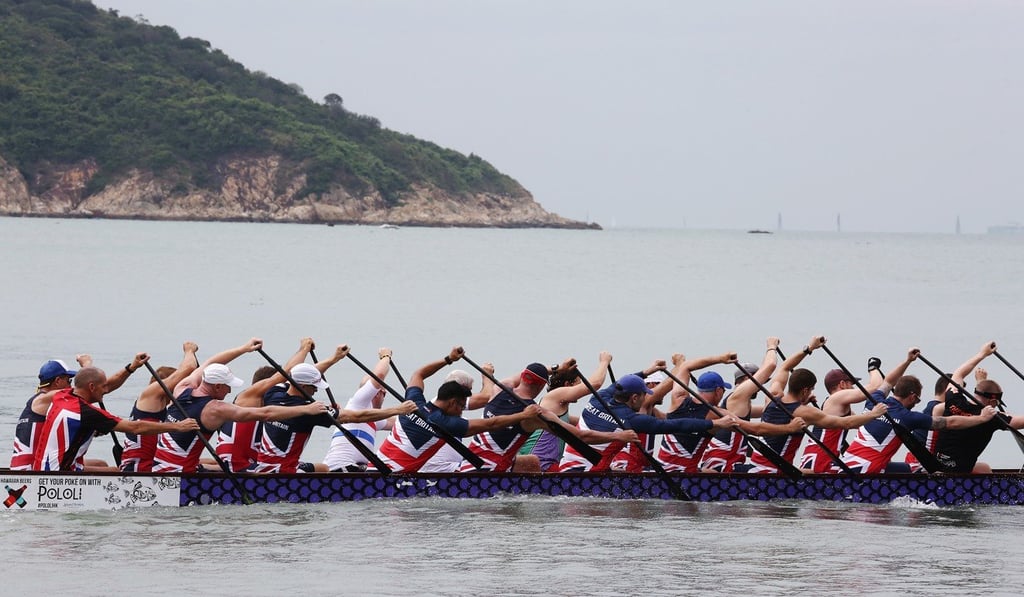Advertisement
Why Hong Kong’s private clubs deserve their ‘cushy’ rental deals – today more so than ever
Edith Terry says private recreational clubs are part of Hong Kong’s evolving history and have contributed to nurturing less-popular sports as well as a unique hybrid culture
Reading Time:3 minutes
Why you can trust SCMP
0

In 1964, a young German, fresh off the plane at his first job, went in search of a social group. He found a home away from home in Hong Kong’s oldest private recreational club, newly relocated from a prime location on Victoria Harbour, where City Hall is today, to a modest flagstone boathouse beneath Island Road on Hong Kong’s south side. Fifty-five years later, Frank Pfeiffer, a Zen Buddhist and mountain climber, is still an active member of the Victoria Recreation Club, established in 1849. He has watched it ring the changes from Hong Kong’s colonial society in the 1960s, when it had only two Chinese members and no female members, to the hybrid institution it is today, under its first Hong Kong Chinese chairman, Wu Kam Shing.
Its membership is a spectrum of Hong Kong’s diverse and athletically minded middle class. There is the Hong Kong Chinese court reporter who visits the club in Deep Water Bay every morning at 6am on her way from home in Ap Lei Chau to her workplace in Sha Tin. There are her fellow swimmers, many elderly, who swim out to the buoys, rain or shine, hot or cold, every day. Some 100-150 “paddlers” use the club as a base for outrigger canoeing, dragon boating and paddle boarding. Some of the sports were unknown to Hong Kong before the club nurtured them, others, like dragon boating, are deeply traditional.

In the current debate over the future of the 67 private recreational clubs that pay minimal rents to the government, history has been swept aside. True, they were designed on a colonial template, in which the diverse ethnic groups were given separate retreats. Membership at the pinnacle clubs was reserved primarily for the British. For other ethnic groups, there was a Chinese Recreation Club, a Club de Recreio, a Filipino Club, an Indian Recreation Club, and so on.
Public pressure on the clubs to forge community ties and contribute to Hong Kong through ‘opening up’ schemes is appropriate – but not the pressure to convert their land to high-rise estates
Hong Kong’s colonial rulers reviewed the lease system for the private clubs in 1968 and 1979, and in the run-up to the handover in 1997 when leases were restricted to 15-year terms. At the handover, a number of leases were extended to ensure a so-called smooth transition. The sceptic would argue that this was a dodge, and indeed, in 2011, during the first post-1997 review of private recreational leases by the Legislative Council, most of the clubs seemed oblivious to public concerns as well as new requirements for “opening up” to schools and community organisations. Following the last well-publicised review in 2013 and the current investigation seeking new venues for public housing, they are no longer complacent.
Advertisement